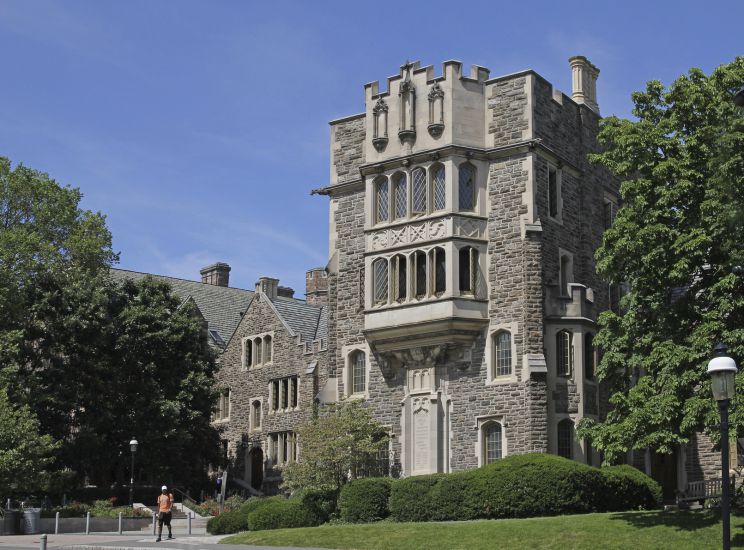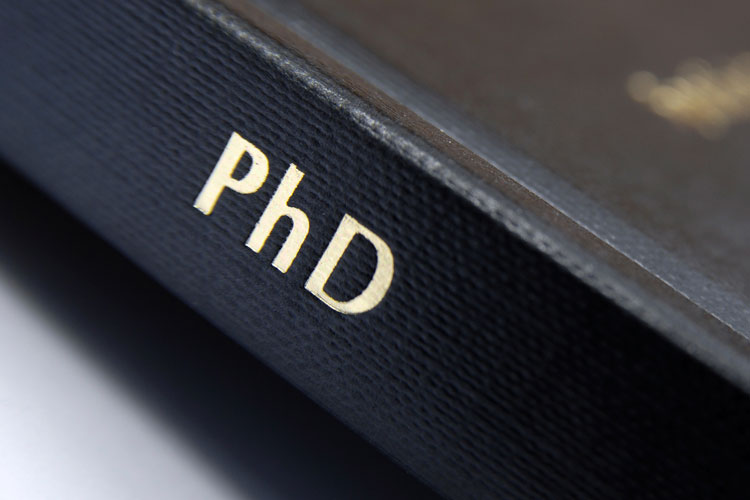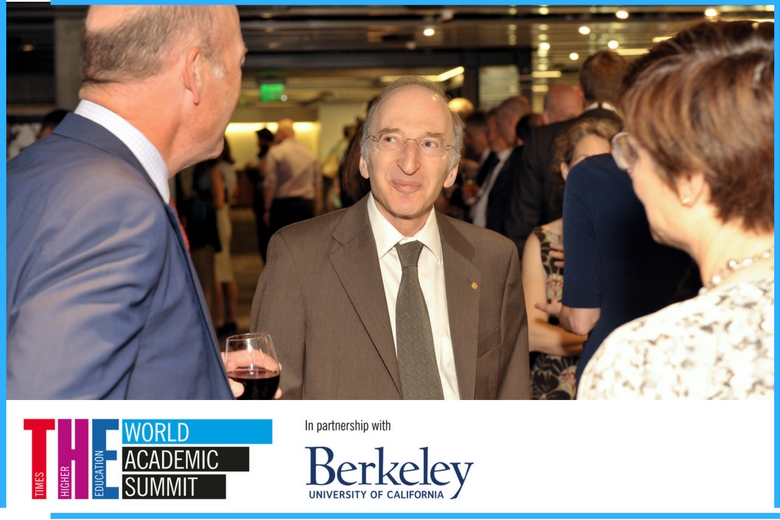Examples of Bad Peer Review and Why It Is Damaging to Researchers
Peer review publications remain a key stage in the quality assurance of new research, but some comments can be the stuff of nightmares.

Send us a link
Peer review publications remain a key stage in the quality assurance of new research, but some comments can be the stuff of nightmares.

Survey reveals three quarters of academics have shared data despite widespread uncertainty.

Scholars and their significant others share the good, the bad and the ugly.

Times Higher Education analysis reveals the institutions with the most affiliated Nobel prizewinners this century

Nature’s new kid on the block Scientific Reports is now the biggest journal in the world. But while such giants are currently overturning the world of scholarly publishing, their long-term future is unclear.

Billy Bryan and Furaha Asani look at how to get the most out of your doctoral studies.

Saul Perlmutter tells that there is a ‘fundamental misunderstanding’ of the purpose of research

BioMed Central psychology journal will attempt to tackle publication bias by withholding research results from peer reviewers.

Federally funded research will now come with an open access clause – but uncertainties remain

University of Oxford snatches top spot from Caltech in this year’s World University Rankings as Asia’s rise continues.

Peer reviews created by self-generated text machines are the latest threat to scientific integrity.

But UK students at universities abroad will lose out from the falling pound

Post-coup crackdown has led to a huge number of requests for help, say charities for at-risk scholars.

Internal analysis finds women earn 10.5 per cent less than men of similar experience and research productivity

New study looks at what happened when a university made its publications publicly available through an institutional repository

Idea is one of several ways to speed the peer review process, although some think it will annoy academics

Eight scientists share the secrets of being a successful principal investigator

Welfare state expert Peter Taylor-Gooby cheerfully admits his research has had no real-world influence – but hopes a book might.
